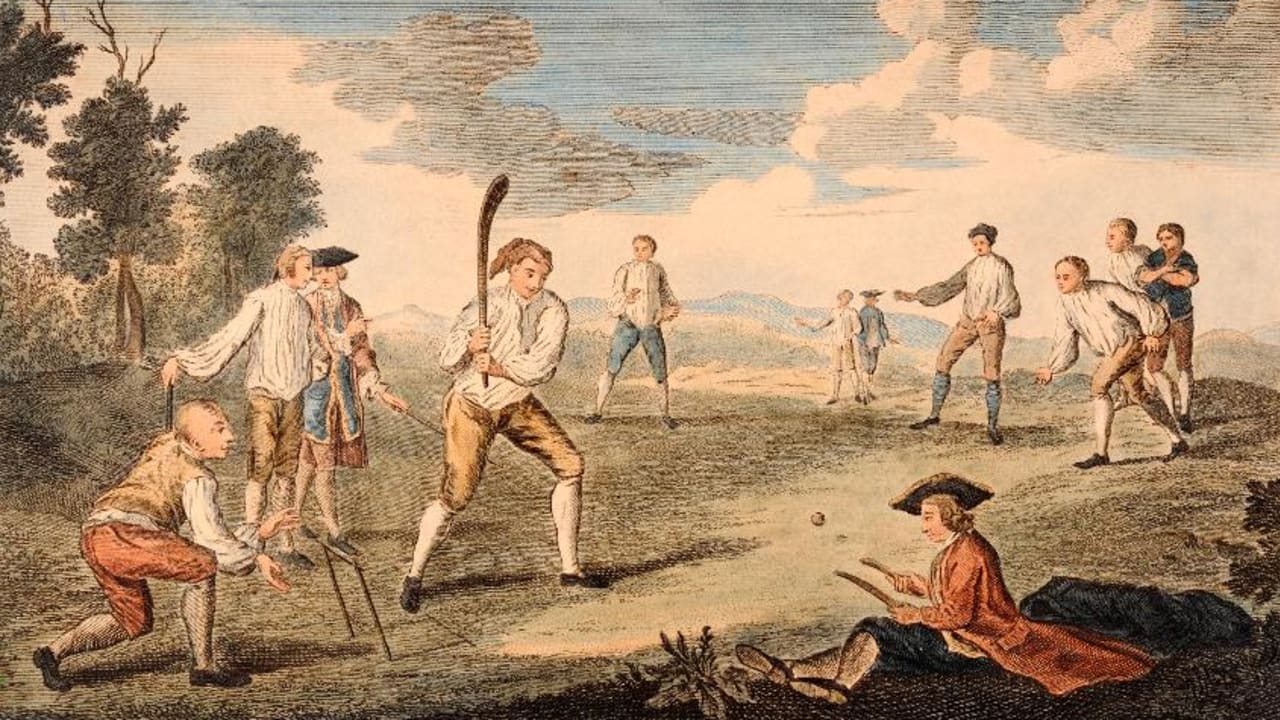Cricket, often dubbed the “gentleman’s game,” is a sport steeped in history, revered for its traditions, and treasured by millions around the world. Among the pantheon of greats who have graced cricket fields, one name stands apart as “The Godfather of Cricket.” But who exactly deserves this prestigious honorific? Is it a player whose records remain unmatched? Or perhaps someone who nurtured the sport into its global prominence?
This blog explores the title of the “Godfather of Cricket,” tracing its origins and debating the personalities who embody the spirit of this game. Along the way, we’ll revisit cricket’s evolution and how a chosen few have shaped its legacy.
What Does “Godfather of Cricket” Mean?
When we assign titles like “the Godfather of Cricket,” it’s not a mere nod to statistical accomplishments or records. Instead, it signifies someone whose influence transcends the game itself. This individual may embody authority, innovation, skill, or a dedication that has forever altered the course of cricket.
It’s less about a single century or dismissal and more about immeasurable impact. Someone regarded as the Godfather sets the standards for generations to follow.
Cricket’s Heritage and Its Early Icons

To identify the Godfather of Cricket, we must first acknowledge cricket’s storied beginnings. Cricket was born in England during the 16th century. A rural pastime turned competitive sport, cricket evolved into an international obsession by the 19th century.
The formative years of cricket saw early legends emerge such as:
- W.G. Grace: Often considered the pioneer who brought cricket to the masses, Grace’s mastery of the sport and his distinct personality elevated its global profile in the late 19th century. His career as both a cricketer and a physician earned him reverence as a multifaceted innovator.
- Donald Bradman: While his career came much later, Bradman dominated his era, averaging an unimaginable 99.94 in Test cricket. His unmatched statistics make him a natural contender for the Godfather of Cricket title.
From England’s county matches to the establishment of international competitions, these icons helped develop cricket into the institution we know today.
Why W.G. Grace Birthed Modern Cricket
Any discussion of cricket’s legacy is incomplete without W.G. Grace. Referred to by many as the “Father of Cricket,” Grace’s influence spanned across bowling, batting, and fielding. What made him special was his ability to galvanize interest in cricket during a time when it struggled as a niche, amateur sport.
- Master of All Trades: Grace wasn’t just any player. He excelled as a batsman, tallying over 54,000 first-class runs during his career.
- Popularizing Cricket: Using his influence, he was one of the first figures to tilt cricket toward professional status. Many historians credit him with transforming the sport into a national phenomenon.
- Innovation in Technique: Grace’s approach to batting—including innovative strokes and footwork mechanics—is regarded as the precursor to modern gameplay.
While Grace declared his legacy in cricket’s earlier years, subsequent greats would carry its torch forward.
The Immortal Legacy of Sir Donald Bradman
If statistics were the sole criteria, Sir Donald Bradman would undoubtedly claim the Godfather mantle. Known simply as “The Don,” Bradman revolutionized cricket forever.
- Unparalleled Batting Record: No one before or since has come close to equaling Bradman’s batting average of 99.94 in Test matches.
- Global Relevance: During difficult periods such as The Great Depression, across Australia and beyond, Bradman became a symbol of hope and resilience.
- Tactical Brilliance: His calculated aggression and strategic brilliance reshaped perceptions of how cricket could be both an art and a science.
Even today, “The Don” remains a cultural and sporting icon. He gave aspiring cricketers a benchmark so high that it feels almost mythical in nature.
Honoring the “Godfather” in More Recent Times
Fast forward to the latter half of the 20th century, and cricket welcomed global ambassadors whose contributions aimed to keep the Gentleman’s Game alive as it expanded its reach.
- Kapil Dev: Across India, Kapil Dev’s spirited captaincy and India’s World Cup triumph in 1983 cemented him as a leader whose influence extended beyond skills.
- Sachin Tendulkar: If not for his era-defining performances, cricket may never have permeated as deeply into the hearts and minds of billions. Nicknamed “The God of Cricket,” Tendulkar showed longevity unmatched by his peers, playing 24 years of international cricket.
- Kerry Packer’s Vision: While not a player, Kerry Packer’s revolutionary World Series Cricket transformed how fans consumed the game, introducing colored kits, night matches, and televised coverage.
The Debate Continues
Assigning the title of “The Godfather of Cricket” is not without debate. Each era has produced titans of cricket whose influence shaped specific aspects of the game, from W.G. Grace’s invention of professionalism to Bradman’s untouchable greatness. Arguably, it’s impossible to crown just one “Godfather” without sidelining others of equal stature.
What Makes Cricket Timeless
Whether it’s Bradman’s record or Tendulkar’s fandom, cricket’s true legacy isn’t bound to one figurehead. Instead, its longevity belongs to every player, fan, and pioneer who contributed to its rich tapestry. Like a family saga passed meticulously from generation to generation, cricket remains a beautiful, universal language that millions speak.
Who Is the Godfather of Cricket in Your Eyes?
While many will argue for Sir Donald Bradman or W.G. Grace as the ultimate Godfather of Cricket, the answer will always spark debate. What’s certain, though, is that these figures have shaped cricket’s enduring allure. Want to celebrate their contributions? Share your thoughts in the comments, and tell us who you think deserves this honorary title.







